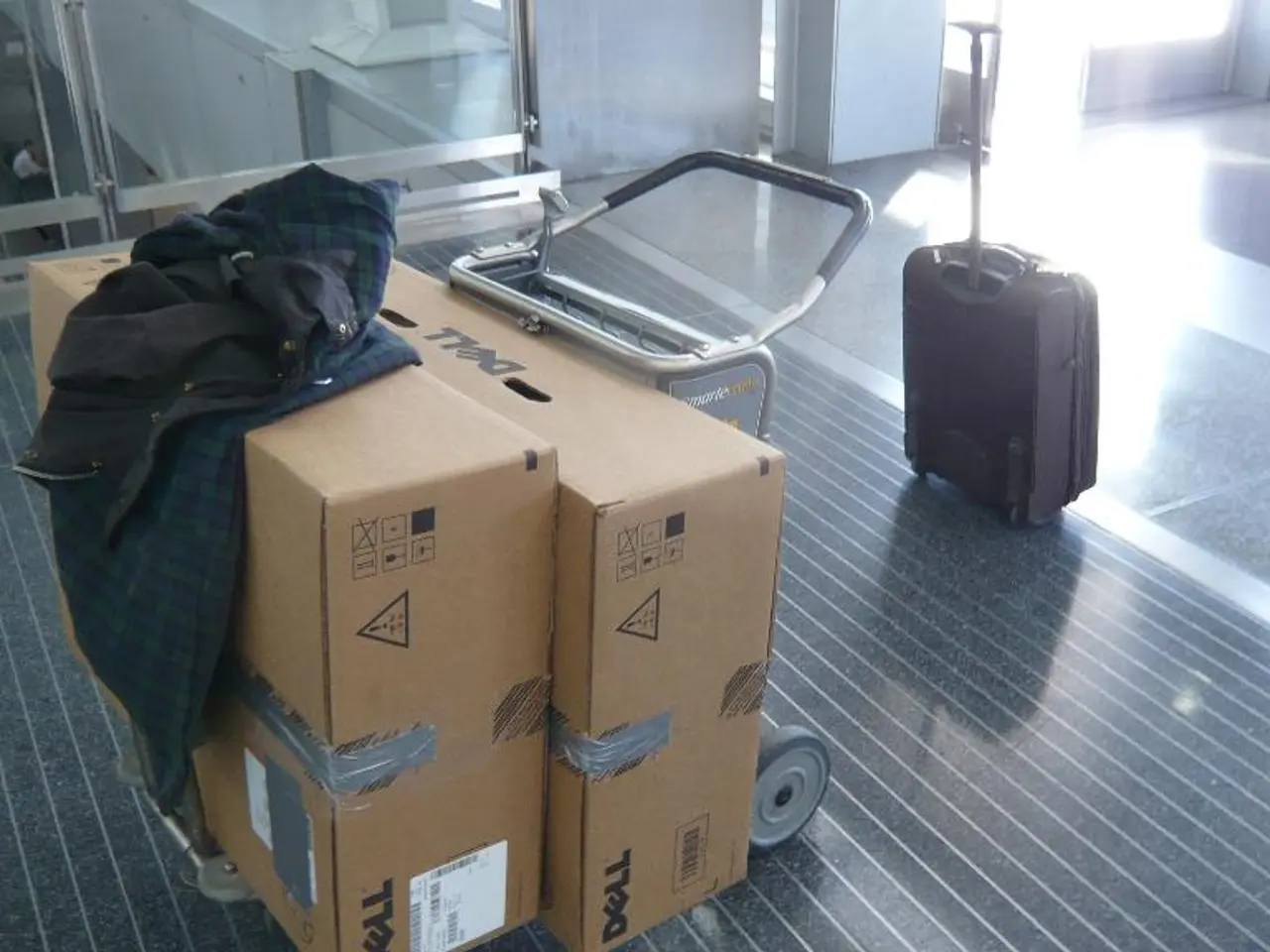Challenges Ahead in 2025: Resilience Evaluated by Trade Instability, Electric Vehicle Shifts, and Digital Disintegration
In Munich, from June 2 to 5, 2025, the Transport Logistic international trade fair brought together over 2,700 exhibitors to discuss the future of logistics in the automotive industry. Key concerns, such as cost pressures, bureaucratic burdens, geopolitical tensions, and skilled labor shortages, were at the forefront of the conversation.
The panel, moderated by Automotive Logistics and Ultima Media, featured executives from DSV, Maersk, DP World, and more. Antonio Fondevilla, global head automotive at Maersk, and David D'Annunzio, global vice president, vertical lead for automotive at DP World, shared their insights, each with over 25 and 30 years of experience respectively across various supply chains.
One of the bright spots in automotive digitalisation was the growing use of control towers, AI-driven forecasting, and real-time visibility platforms like Renault's. However, the gap between the promise of digitalisation and its implementation was a topic of conversation. Adoption of AI in logistics remains slow, hindered by legacy systems, fragmented data, and cultural resistance within organisations.
Consolidation is reshaping the logistics landscape, with DSV's high-profile takeover of Schenker being one example. Other companies like CMA CGM, Kuehne+Nagel, and DP World are also expanding or repositioning themselves. The top 25% of the European market and 37% of the North American market remain highly fragmented, indicating further potential for consolidation.
The automotive industry is undergoing significant changes, with electrification adding complexity to logistics. Electric vehicles (EVs) are heavier, often built on more complex modular platforms, and require specialized packaging, hazardous goods handling, and reverse logistics infrastructure. Localization is a recurring theme for both electrification and a possible solution with the US tariffs in place, but localization isn't simple, especially for upstream inputs like batteries or chips.
The conference program also focused on geopolitical instability, rising cost pressures, and complex supply chains. Infrastructure and labor challenges persist in both North America and Europe, with issues such as rail and port congestion, driver shortages, and mounting congestion at key finished vehicle ports causing concerns.
Forecasts shared during the session indicated steady but cautious growth for the automotive logistics sector. The North American market is projected to increase from $65 billion in 2025 to $87 billion by 2035, and Europe’s market is expected to grow from €44 billion to €62 billion over the same period.
US trade policy actions, including import tariff announcements, have created uncertainty in the automotive industry and have prompted some companies to adjust their supply strategies or reshore production.
Emily Uwemedimo, managing editor at Automotive Logistics and Ultima Media, led content strategy and production for the brand. Richard Logan, senior content producer at Automotive Logistics and Ultima Media, was responsible for the creation and delivery of original content across the brand's events and digital platforms.
Automotive Logistics had a strong presence on the exhibition floor, engaging with stakeholders, distributing reports, and previewing insights for upcoming global events. The panel concluded that operational flexibility, clearer digitalisation strategies, and long-term partnerships will be key to creating strategic value in the coming years.
In conclusion, the automotive logistics sector is facing numerous challenges but is also embracing change through digitalisation and consolidation. The industry is projected to grow steadily, but companies must navigate geopolitical tensions, infrastructure and labor challenges, and the complexities of electrification to capitalise on this growth.
Read also:
- Impact of Alcohol on the Human Body: Nine Aspects of Health Alteration Due to Alcohol Consumption
- Understanding the Concept of Obesity
- Lu Shiow-yen's Challenging Position as Chair of the Chinese Nationalist Party (KMT) Under Scrutiny in Donovan's Analysis
- Tough choices on August 13, 2025 for those born under Aquarius? Consider the advantages and disadvantages to gain guidance




